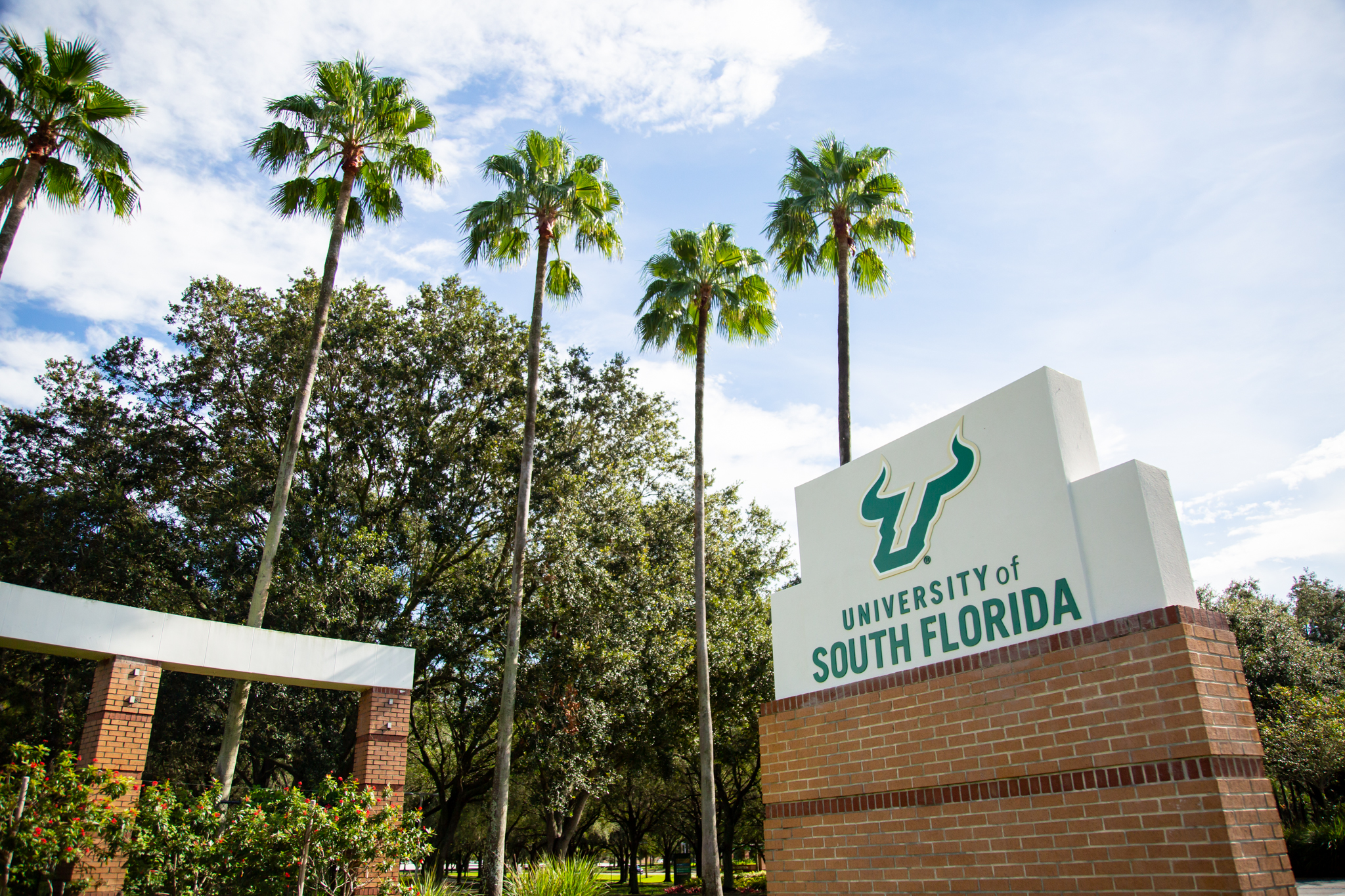Students stress importance of inclusive resources following transgender bathroom ban in Florida court

Following news of a Florida appeals court upholding a transgender bathroom ban in St. Johns County high schools on Dec. 30, Planned Parenthood Generation Action (PPGA) President Prachi Misra said she was surprised by the legislature’s hypocrisy.
In the ruling of a similar case in 2020, a three-judge panel from Florida’s 4th circuit court of appeals previously ruled with the plaintiff, who successfully sued his school district because he was not allowed access to the men’s restroom at his high school, according to Politico.
Despite both cases dealing with the same matter, Misra said the difference in rulings can be attributed to the impact of the personal perception and politics of judges when ruling on such matters.
“In both cases, the transgender students argued that their Equal Protection Clause of the Constitution and Title IX were being violated, so I find it interesting that the Florida appeals court chose to rule differently than a court that previously ruled in support of the transgender student’s rights,” she said.
“I think it serves as a reminder that what is seen as ‘constitutionality’ is influenced by the personal perceptions of those ruling in a particular case.”
As of 2023, USF offers 39 single-occupancy, gender-inclusive restrooms across the Tampa campus, according to USF’s ADA Accessible Restrooms map. Created as a partnership with the Committee on Issues of Sexual Orientation and Gender Identity and the Transgender Student Union, gender neutral restrooms are intended to protect the basic needs and rights of all students at USF, according to USF’s Compliance and Ethics website.
The availability of gender-neutral bathrooms is currently dependent upon building codes and occupancy types, according to Communication and Engagement Director Aaron Nichols. In order to designate a bathroom as single occupancy, or gender neutral, Nichols said the university must first ensure it complies with Florida building codes.
“What I have found out is that bathroom designations are driven by the Florida Building Code, including the Florida Plumbing Code…fixture counts and distribution between male-designated and female-designated restrooms are dictated by occupancy type [and] for assembly occupancy buildings, a gender-neutral restroom is recommended for inclusion,” he said.
“The Building Code requires gender-specific … distribution and does not allow for only gender-neutral restrooms. Single users restrooms, in some instances, can be labeled as gender-neutral … I think the main takeaway…is that the decision to designate gender-neutral restrooms is not, and cannot be, driven by simply deciding to change a designation.”
Although gender neutral restrooms provide a safe space for gender non-conforming, non-binary and binary trans people to utilize the restroom without judgment, a student and member of the Trans+ Student Union who wished to remain anonymous said the ideal situation would be to normalize non-gendered bathrooms.
“Ultimately, we all use washrooms for the same functions. Some people envision a future where we move past gendered restrooms entirely … you likely have a [gender neutral washroom] at home, after all, and it works fine. I hope society will become safe and respectful enough to try it out,” they said.
For students who identify as transgender, gender non-conforming, non-binary or genderqueer, having a safe space designated for themselves is essential for their comfortability on campus, according to Misra. Moving forward, she said she hopes USF can build more gender neutral bathrooms not only for the benefit of students who use them, but for the campus as a whole.
“I do believe more gender-neutral bathrooms should be added … It’s important for individuals to be able to have access to spaces that align with their gender identity, as this helps decrease their social dysmorphia,” she said.
“I think that gender-neutral bathrooms, like many other accessible features, serve as a benefit to those outside of who they are specifically designed for as well. Gender-neutral bathrooms can also be ideal for families with children or people with disabilities who may need assistance.”
As president of PPGA, Misra works together with Student Government (SG) to continue the Period Project, which was first initiated in 2020. Organizing the Period Project took a great amount of community mobilization among PPGA members and leadership prior to its enactment, according to Misra.
What once began as a grassroots campaign composed of petitioning and hosting drives for period products is something Misra said became a petition arguing for the implementation of products in all campus bathrooms, which created an opportunity for the organization to partner with SG.
Given that products had previously only been provided by Student Health Services, the PPGA petition motivated SG to expand access to period products across campus.
Students, faculty and staff walking into bathrooms on campus can now access free menstrual products, including pads and tampons, as part of the Period Project, according to a 2020 Oracle article.
Continuing the Period Project is something Misra said she hopes not only aids students in accessing products when in need, but inspires them to recognize the power of greater organizational change.
“We hope that students can realize that if there is a missing need on campus, there are ways to organize and implement change to meet that need,” she said.






